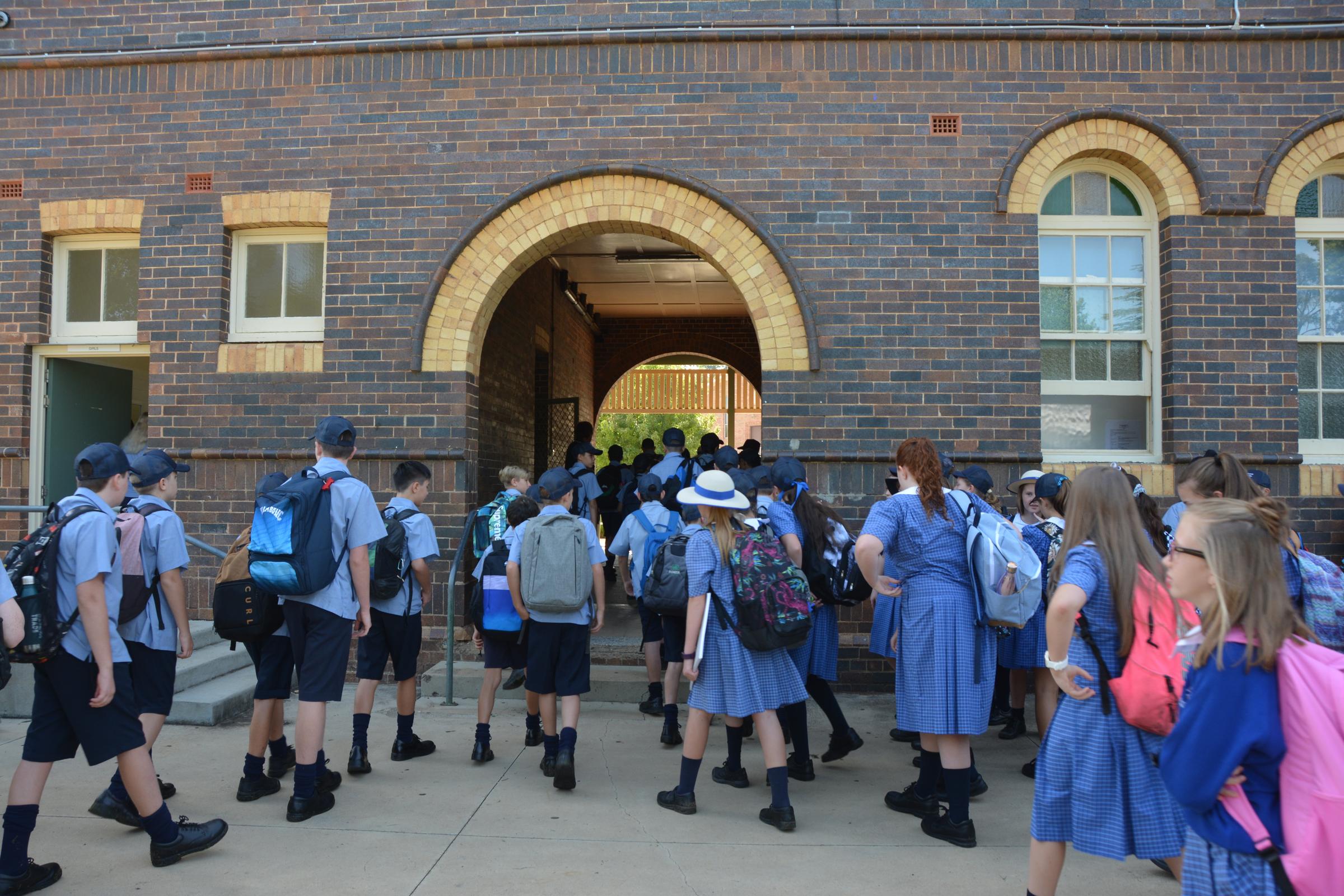Assistant Principal - Learning

Assistant Principal - Learning
Together in Reporting
As our students make the return to face-to-face teaching and learning, there is little dispute that this return is not quite the seamless return to the ‘old familiar’ as many may have preferred... How could we possibly ignore the deepening self-reliance and independence our students are experiencing that has resulted from the very nature of remote learning and isolation? How short-sighted would it be of us to not work to ensure that there is a sense of sustainability in continuing opportunities for our students to further develop this? So critical to their life beyond school, we need to decide, are we teaching and learning for an exam at the end of twelve years of schooling or are we teaching and learning for life?
Yet, herein lies a tension - How do we move away from the traditions of the past, respond to the now, but also be forward thinking future-proofing dynamic institutions (as oxymoronic as that is). With this tension made visible, it is then understandable that our teachers are weighing the following dilemma: does task completion equate learning? Now, it may seem that such a question should surely not require too much thought...but scrape a little at the surface and the following paradox is revealed: old-school - it absolutely would, present-school - the visibility of a student’s task completion is very evident through Google Classroom, and future-school - what relevance will completing these tasks even have?
Perhaps the question we need to be asking is actually this: do we limit, and yes, limit is the word, the measurement of a students learning achievement to their demonstration in tasks prescribed in the teaching and learning sequence? or do we build upon the self-reliance, and independence...key to a student’s ability to metacognitively navigate their learning, that they are developing through the opportunities that have arisen in such the unprecedented, impacting time of the COVID-19 pandemic?
Logically, this then leads us to the next level of dilemma - how do we ascribe a grade to students that have demonstrated their learning outside of the prescribed teaching and learning tasks and activities?
At OCC, this is a quandary we have queried and we have come to the following conclusion, no measurement of a student’s learning achievement should be made without consideration of the student’s own judgement and justification of their learning progress. And such understanding allows us then to move from the past, respond to the now, and proof for the future.
Which is why, in Term 2, we are asking our students from Years 7-10 to reflect on their learning over the entire semester - not just the time during remote learning, but also to consider the eight weeks of Term 1 that they participated in face-to-face learning. Over the next two weeks, our students will complete a Google form in each of their subjects. Our teachers will then use the students own self-assessment of their learning to help inform their overall judgement of the demonstration of learning achievement. Together, in partnership, teachers and students will align their expectations and understanding of learning achievement - what power...what empowering power...what a way to move the here and now of teaching and learning into the future!
Student Self-Reporting Survey |
| Section I |
|
| Section II |
Common Grade scale A The student has an extensive knowledge and understanding of the content and can readily apply this knowledge. In addition, the student has achieved a very high level of competence in the processes and skills and can apply these skills to new situations. B The student has a thorough knowledge and understanding of the content and a high level of competence in the processes and skills. In addition, the student is able to apply this knowledge and these skills to most situations. C The student has a sound knowledge and understanding of the main areas of content and has achieved an adequate level of competence in the processes and skills. D The student has a basic knowledge and understanding of the content and has achieved a limited level of competence in the processes and skills. E The student has an elementary knowledge and understanding in few areas of the content and has achieved very limited competence in some of the processes and skills. |
Assign yourself a Grade: A B C D E |
| Section III |
| Why did you give yourself this Grade? |
| Reason 1: |
| Reason 2: |
Eli Simpson
Assistant Principal (Learning)